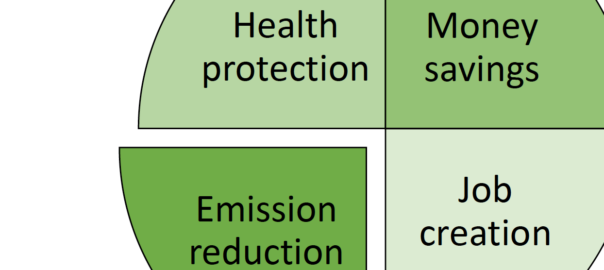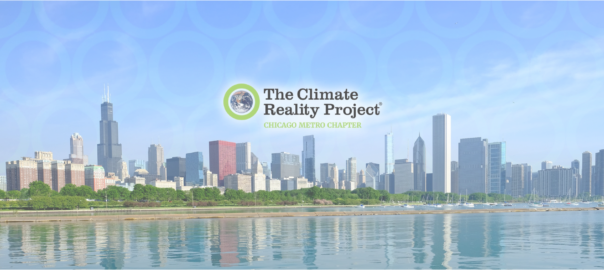Around the country, professors are hard at work creating and updating syllabi for fall, which can be both exciting and exhausting. Thankfully, Philosophers for Sustainability is here to help!
They’ve just posted a new section on their website, called Teaching Modules, with resources that can easily be slotted into existing courses, used to create new courses, or shared and discussed in philosophy clubs.
The first module is called “Moral Courage, Environmental Style,” and it contains a bunch of materials to accompany an article I published (gulp, 10 years ago) called “Courage as an Environmental Virtue.” We’re talking: a 15-minute summary video made by yours truly, a set of slides, an hour-long video conversation between myself and Dr. Nora Mills Boyd, video transcripts, discussion questions, activity prompts, and a list of related resources.
These free materials may be particularly useful in courses that discuss virtue ethics, activism, sex & gender norms, courage in military contexts, and climate change.
I had a lot of fun working with both Nora and Sadie Warren on this project and I’m hoping that this module will be the first of many shared there, so if you have an idea or a request for other materials of this general sort, please don’t hesitate to reach out to Nora at nboyd@siena.edu.






